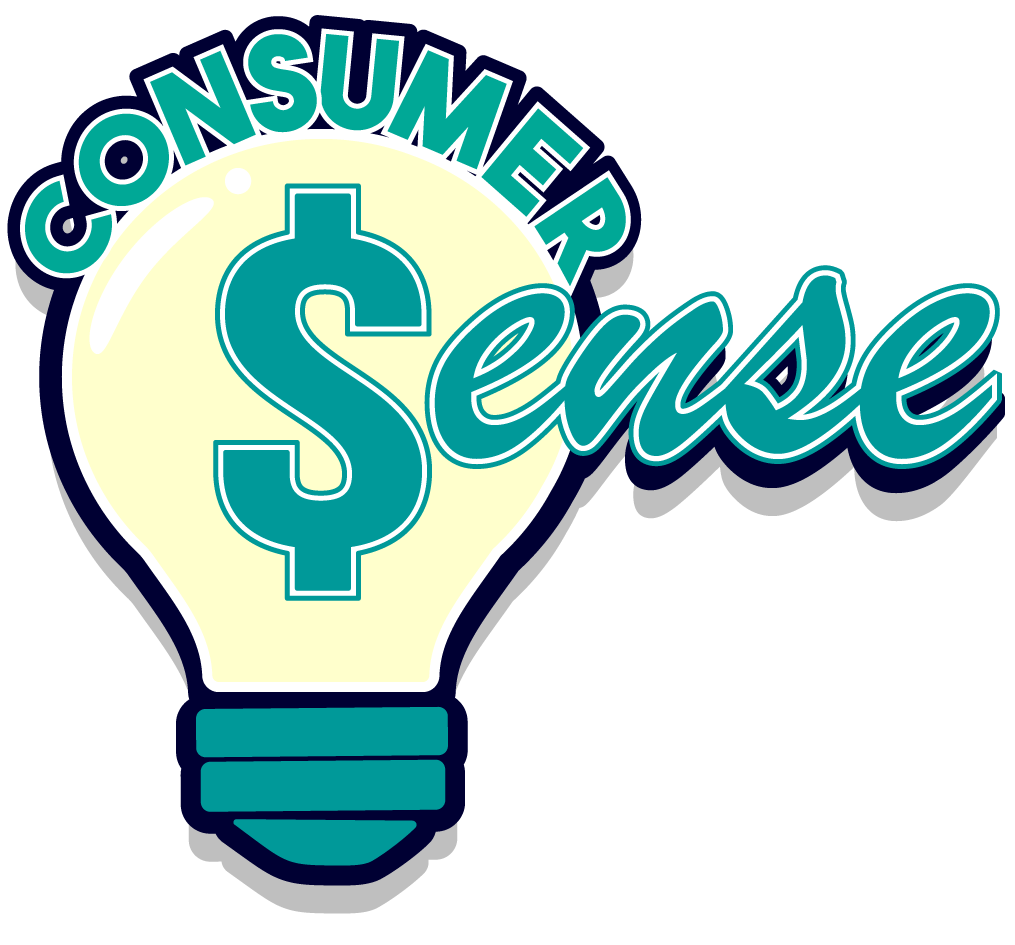Every year it seems as though Christmas products hit the shelves earlier. This year, stores like Target and Walmart put out Christmas products in September, four months before the holiday season. By the time Christmas rolls around, Valentine’s decorations are sure to be on display. Is there a reason that stores jump holidays way before they even occur? Holiday decorations are put on shelves based off of the prior year’s data for consumer buying patterns. In other words, consumers’ buying patterns in the year 2020 influenced 2021’s shelf displays. So, the real question is “why did consumers demand early Christmas shopping in the year 2020”?
Consumer patterns in the year 2020 were unpredictable which was appropriate for the unpredictable climate we were living under. Items like toilet paper, cleaning wipes, and hand sanitizer were sold out sometimes before they even hit the shelves. It is understandable that consumers were precocious when buying gifts given that their trust in stores supply chain management was waning. Those who got their Christmas shopping done early were safe, but those who shopped during the normal season may have experienced shipping delays that pushed gift exchanges past December 25th. I myself received presents from people after Christmas because of these shipping delays.
Similarly, consumers put out Christmas decorations early. Some were also concerned with the scarcity of decorations. But, studies have shown that decorating for the holidays makes people happier. In a year with so much uncertainty, it makes sense that consumers decorated early for the holidays. Psychologically as the daylight begins to fade more throughout the year, holiday lights help brighten up the streets and our houses making us merrier.
The holiday season is also very costly. It is normal for consumers to buy their Christmas presents throughout the year when a pandemic is not occurring. Now, it almost feels necessary to prepare for the holidays early because of financial burdens. The average American spends just over $1000 on Christmas gifts and decorations . The price per gift can vary as shoppers are slightly more cautious when it comes to their planned holiday-specific spending, indicating an expected slight ($50) decrease from planned spending. Consumers who spend their money wisely over the Christmas season are known to spend less on Christmas overall.
Consumers complain about Christmas creeping into other holiday’s “territory.” But, ultimately stores are just responding to the wants and needs of the consumer. It can be financially beneficial to plan holiday shopping in advance and to ensure Christmas comes on time. Is it so bad that Christmas comes to town early?
For more tips and marketplace updates:




